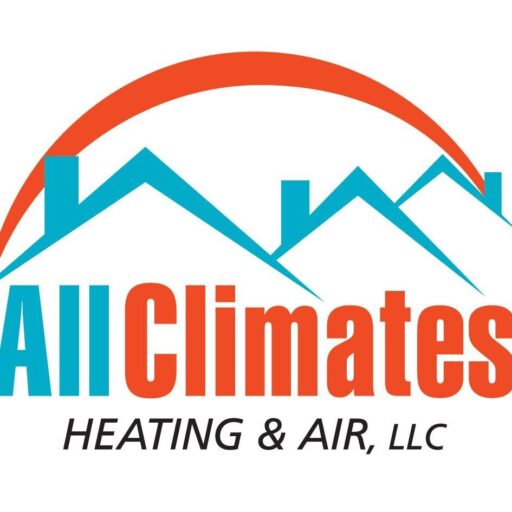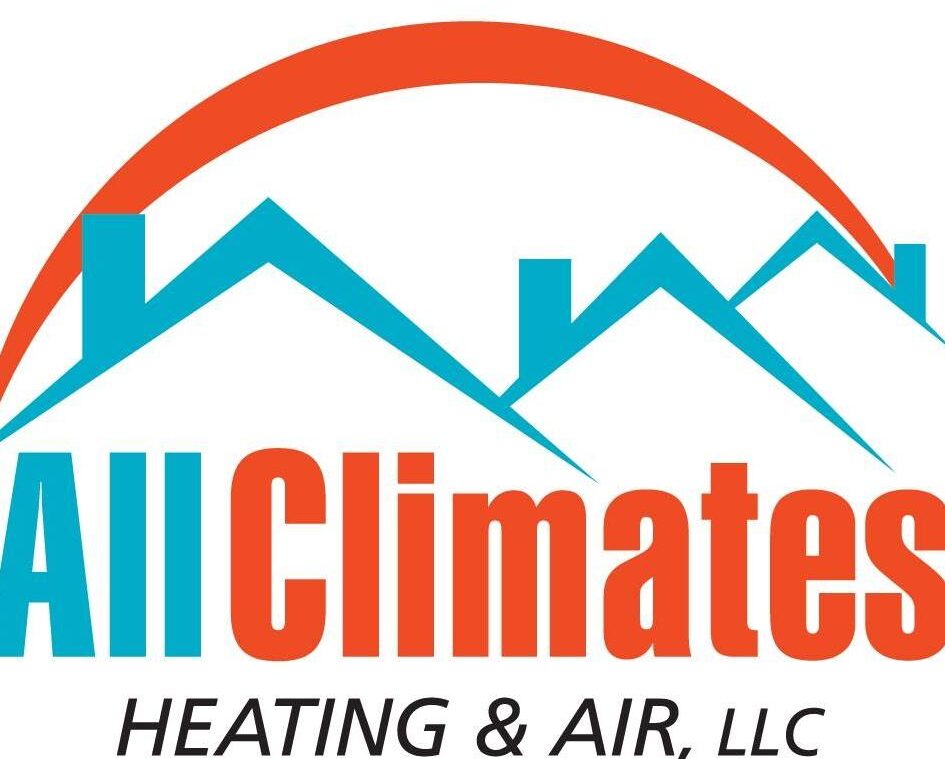As extreme weather conditions become more frequent and unpredictable, it’s crucial for homeowners to ensure that their HVAC systems are well-prepared to handle the challenges that come with intense heatwaves, cold snaps, or severe storms. Taking proactive steps to maintain and protect your HVAC system can not only improve its performance but also extend its lifespan and save you money on costly repairs. Here are some essential tips on how to prepare your HVAC system for extreme weather conditions:
1. Schedule Regular Maintenance: One of the best ways to ensure that your HVAC system is ready for extreme weather is to schedule regular maintenance with a professional technician. A certified HVAC technician can inspect your system, clean the components, check for any potential issues, and make necessary repairs to ensure that your system is functioning efficiently.
2. Change Air Filters: Dirty air filters can restrict airflow and reduce the efficiency of your HVAC system, especially during times of extreme weather. Make sure to check and replace your air filters regularly, typically every 1-3 months, to improve indoor air quality and prevent your system from overworking.
3. Inspect and Clean Outdoor Units: Before extreme weather hits, it’s important to inspect and clean the outdoor unit of your HVAC system. Remove any debris, such as leaves, branches, or dirt, that may obstruct airflow and hinder the performance of your system. Trim bushes and vegetation around the unit to ensure proper ventilation.
4. Check Insulation and Seals: Proper insulation and seals are essential for maintaining the efficiency of your HVAC system, especially during extreme temperatures. Inspect windows, doors, and ductwork for any leaks or gaps that could allow conditioned air to escape or outdoor air to seep in. Seal any gaps with caulk or weatherstripping to improve energy efficiency.
5. Install a Programmable Thermostat: A programmable thermostat allows you to set specific temperature settings for different times of the day, helping you save energy and money. During extreme weather conditions, you can adjust the settings to ensure optimal comfort while reducing energy consumption when the system is not in use.
6. Consider a Surge Protector: Extreme weather events, such as lightning storms, can cause power surges that may damage your HVAC system. Installing a surge protector can help protect your system from electrical damage and ensure that it continues to operate smoothly during inclement weather.
7. Have an Emergency Plan: In case of a power outage or HVAC system failure during extreme weather, it’s important to have an emergency plan in place. Consider having a backup generator or alternative heating and cooling options to keep your home comfortable and safe during unexpected circumstances.
By following these tips and taking proactive measures to prepare your HVAC system for extreme weather conditions, you can ensure that your system operates efficiently, effectively, and reliably when you need it the most. Prioritizing regular maintenance, cleaning, and inspections can go a long way in safeguarding your HVAC system and your home against the challenges of extreme weather. Stay ahead of the curve and protect your investment by giving your HVAC system the attention it deserves.

